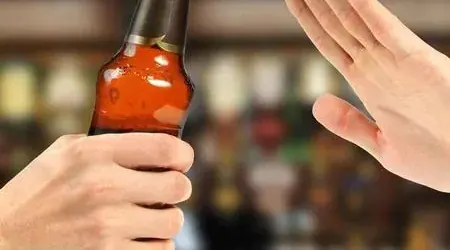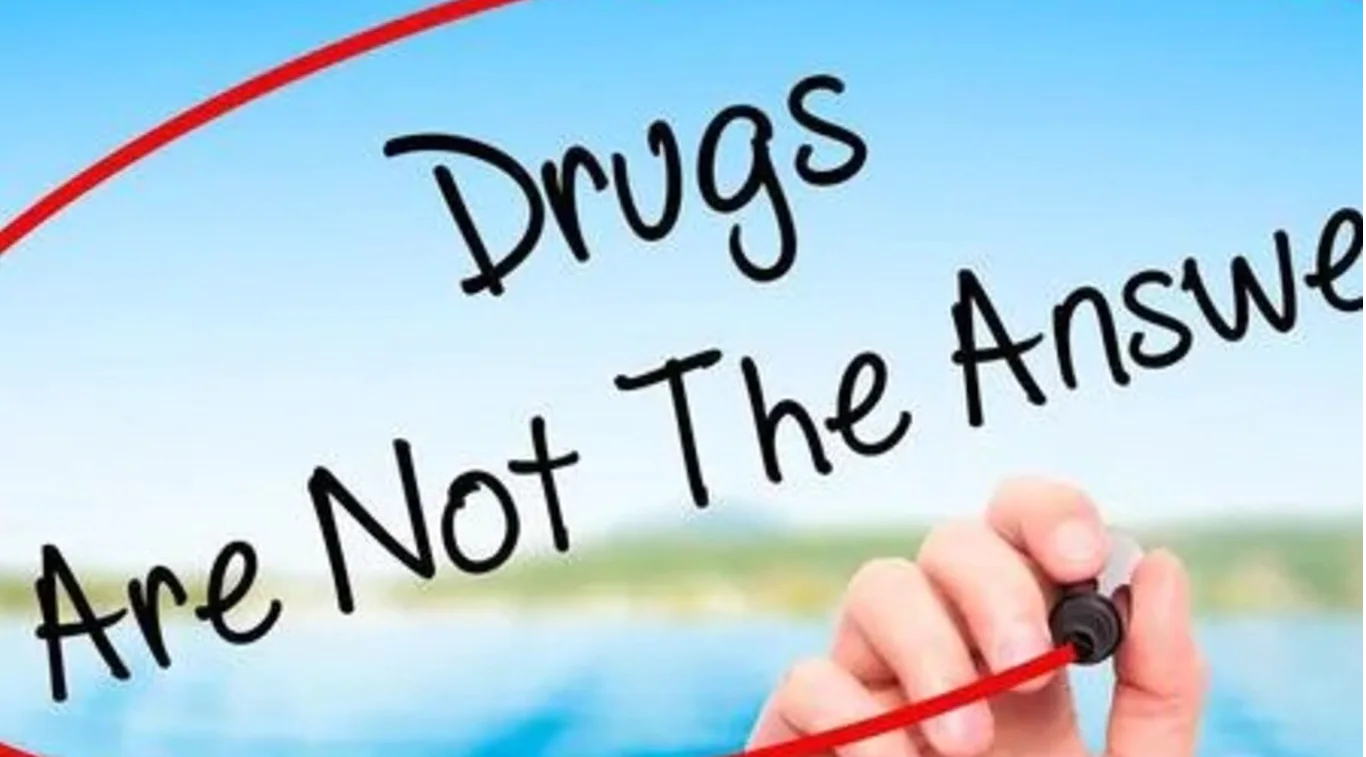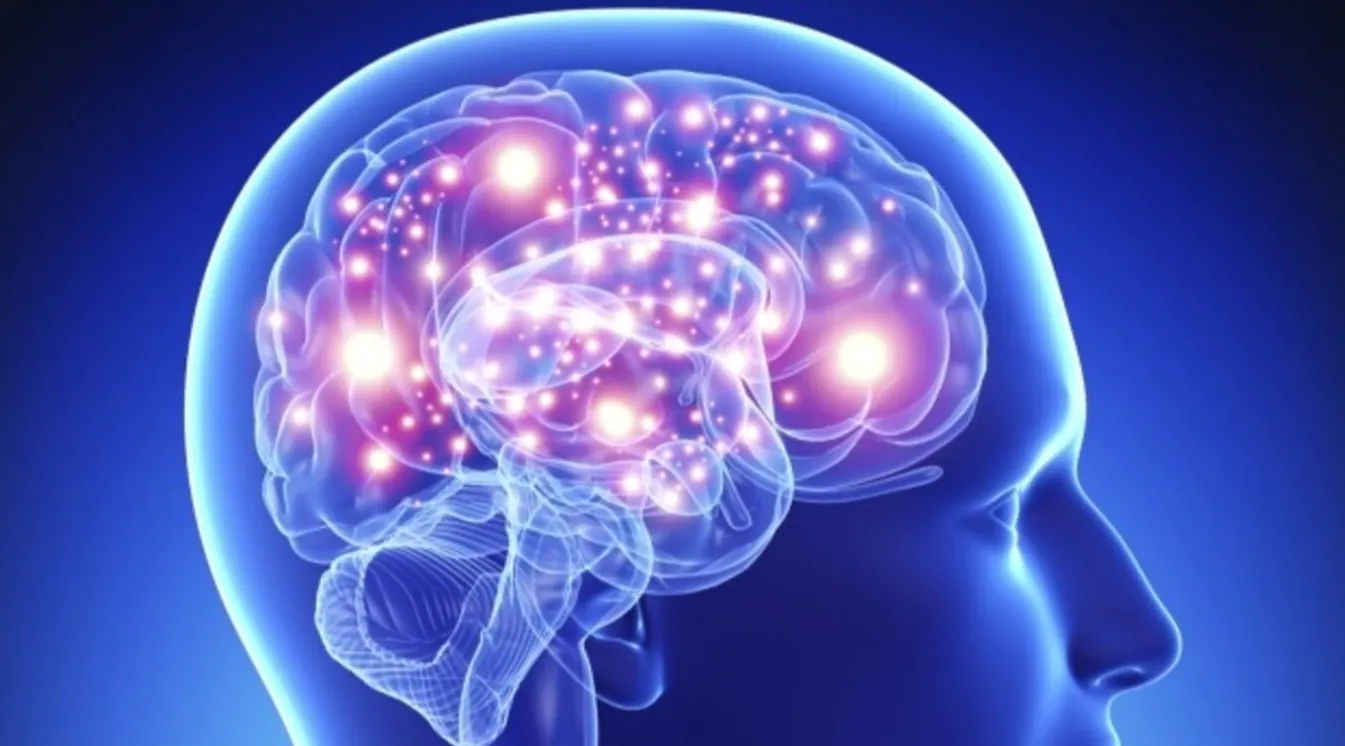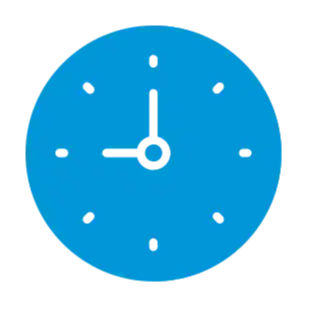The treatment of mental health disorders usually includes two aspects: the actual treatment itself, and rehabilitation. Treatment focuses on reducing the symptoms of an illness that are present in the patient. In the case of a person with fever, the goal of treatment is to bring down the body temperature.
Unlike in the case of physical illnesses where medication or surgery may provide a complete cure, mental disorders require medication along with other forms of treatment. The type of treatment administered to the patient depends on their diagnosis, the severity of the illness, as well as their physical and emotional state. A person may need a combination of some of these forms of treatment: medication, therapy, counselling, hospitalization, brain stimulation treatments and psychiatric rehabilitation. Often, the lines demarcating treatment and rehabilitation may be blurred.
Psychiatric rehabilitation is an aspect of treatment that focuses on helping the person return to an optimal level of functioning and to achieve their life goals. This is brought about by providing medical, psychological and social input. There is no strict boundary between treatment and rehabilitation.
Why is rehabilitation necessary?
People with severe and chronic psychiatric illnesses such as bipolar disorder and schizophrenia may be mentally disabled by their condition, and require rehabilitation to pick up basic skills. In the case of disorders such as mental retardation, a process of Rehabilitation is followed to help patients learn skills necessary for daily functioning.
(An individual who has to re-learn skills after the onset of mental illness is said to undergo a process of rehabilitation. An individual who has not picked up certain skills due to mental illness has to learn those skills for the first time. Experts refer to this process as rehabilitation.)
The process of rehabilitation aims to help the patient develop the social and intellectual skills that they will need to integrate with mainstream society. This helps the person find a meaningful role for themselves, at home and at work. Rehabilitation supports the patient by providing opportunities, preventing stigma and discrimination.
Patients who have undergone treatment for their mental health disorders can be broadly classified into the following categories:
• Persons who feel better after the treatment, but their illness leaves some impression on their functioning (eg. decreased cognitive skills)
• Persons who are able to function independently, but are demoralized or have given up due to their circumstances, and/or the stigma they face
• Persons who are functional, but not provided adequate opportunity by their environment
• Persons who are disabled by a severe form of the illness (this is a very small number of all persons who are diagnosed with mental illnesses)
The psychiatrist or rehabilitation professional assesses which of the above categories each patient belongs to.
The rehabilitation process focuses on:
• Assessing what the person is capable of (their skills, strengths and abilities)
• Accepting the limitations caused by the illness
• With a thorough understanding of these aspects, a trained professional is able to identify what support the patient needs in order to get back to a functional life.
The rehabilitation process
The rehabilitation process usually begins with the psychiatrist or other mental health professional speaking to the patient and family, to find out the patient’s strengths and interests. At this point, what is most required is for the family to have a realistic understanding of the individual’s capabilities, and to set realistic expectations of them. For instance, a person with a severe mental illness may not be able to socialize or perform in certain kinds of tasks. The family needs to understand that, rather than put pressure on them to conform to their expectations.
Once the family understands the person’s skills and limitations, they may recognize that the person can lead a happy, satisfactory life according to their own preference, and with a set of expectations more suited to their circumstances.
In some cases, the psychiatrist or other mental health professional may engage repeatedly with the person to build a rapport, and understand any problems the patient may be facing, and the family’s outlook towards their illness. The psychiatrist is then able to help them envision a better life despite the limitations posed by their mental illness.
Training and development of skills
After treatment, some patients are able to use their original skills and get back to their work. If a patient is left with significant challenges, they are then offered training to help them develop the skills needed to be in alignment with their new goals, priorities or values. Once the person is able to make a breakthrough – in learning a new skill or finding a new interest – there is an inspirational value to this process. This creates what experts call a positive cycle in which the quality of the person’s life stands to improve.
What is the family’s involvement in rehabilitation?
When a person is diagnosed with a mental health disorder, the family or caregiver also has to cope with the diagnosis. In addition, there are other factors that make coping difficult: a changed perception of who the patient is, what they are capable of, and what their role in the family will be. The caregivers and family also need additional support to help them live with the diagnosis. Rehabilitation helps the family come to terms with the diagnosis, the altered circumstances, and their expectations of the person with the illness. It also helps the family to understand the person’s strengths and create opportunities for them to make a meaningful contribution at home, or in the society.
The involvement of the family is an extremely important aspect of the rehabilitation process. Psychiatrists say that the positive and active support of family members forms the most effective part of the rehabilitation process. When a family spends a considerable amount of time and effort assisting their loved one, it increases the person’s chances of picking up new skills or setting new goals. This will, in turn, help the family as well.










